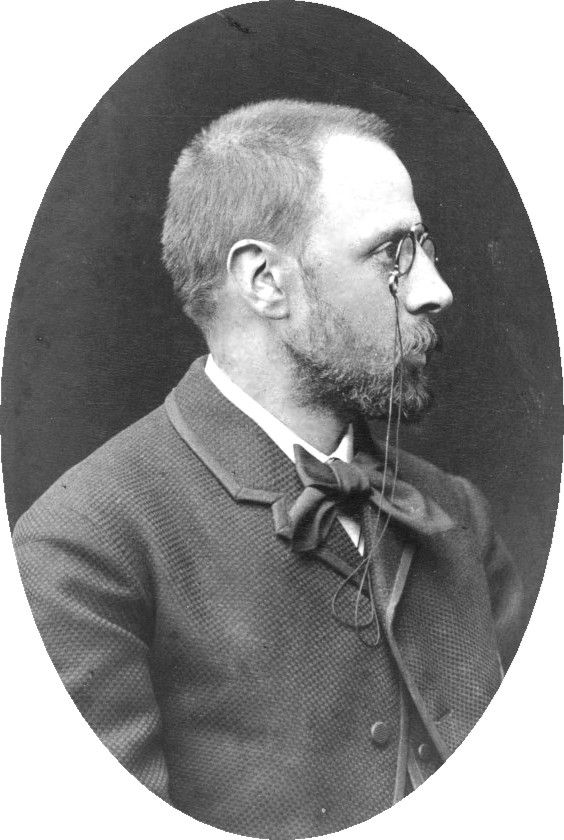He was born on 3 August 1851 in Warsaw. He was a representative of the nationalist current of political thought under the Russian rule which assumed a lasting relationship between Poles and Russia. In 1892, he became one of the co-founders and editors of the Kraj [“Country”] St. Petersburg weekly, in which he repeatedly expressed his conviction that the integral Russian empire was a permanent and mighty power. In his view, loyalty to Russia was to guarantee the survival of Polish national culture. The same worldview lay at the core of the programme of the Party of Real Politics, which Piltz co-created in 1905. Piltz’s faith in the prospects for, and the purpose of, the resurrection of independent Poland was restored by the events of World War I. In 1915, he founded the Central Polish Agency in Lausanne (so-called Lausanne Agency) whose publishing activity focused on convincing Western European countries to support the restoration of Polish statehood. On 15 August 1917, also in Lausanne, the Polish National Committee was formed as a result of the agreement between the Party of Real Politics and the National Democracy. Its leaders included Piltz himself, Roman Dmowski, Ignacy Paderewski, Marian Seyda and Maurycy Zamojski. The PNC, with its headquarters in Paris, was soon recognised by France, the United Kingdom and the United States as the body which represented the newly revived Poland. After Ignacy Paderewski’s government was formed in early 1919, the PNC was disbanded and Piltz embarked on a diplomatic career, serving in Czechoslovakia and Yugoslavia. He died on 26 December 1929. The most important of his numerous publications, often published under pseudonyms (Swojak, Scriptor), include: Bismarck, Rosja i Polacy [“Bismarck, Russia and the Poles”] (1895), Nasze stronnictwa skrajne [“Our extreme parties”] (1903), Polityka rosyjska w Polsce [“Russian policy in Poland”] (1909).

